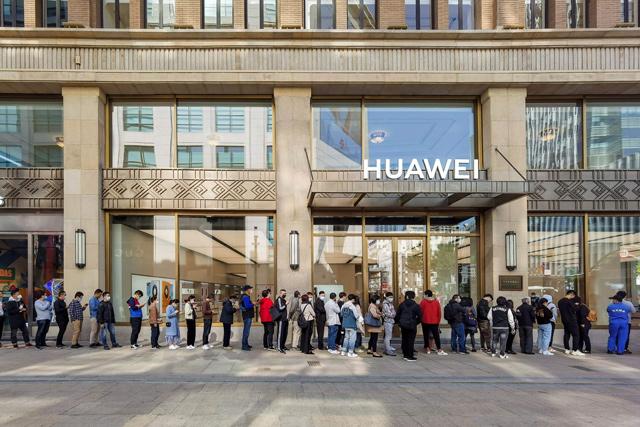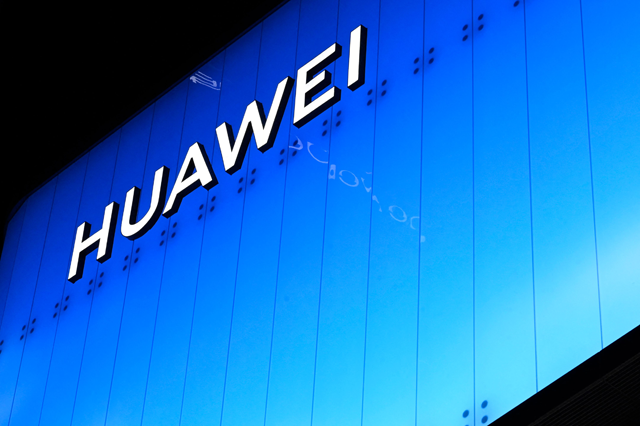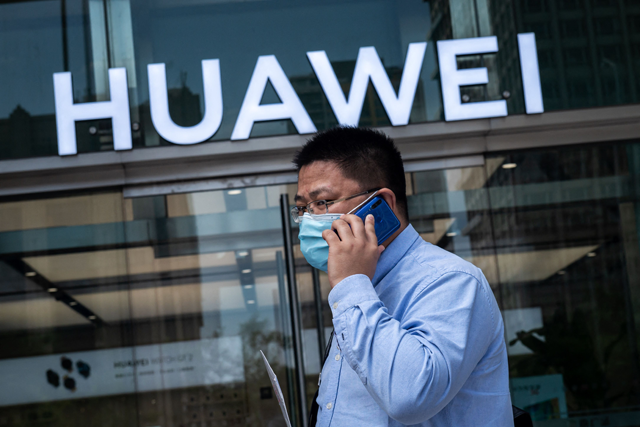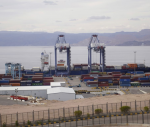You are here
Huawei posts strong growth but warns 'most difficult year' ahead
By AFP - Mar 31,2020 - Last updated at Mar 31,2020
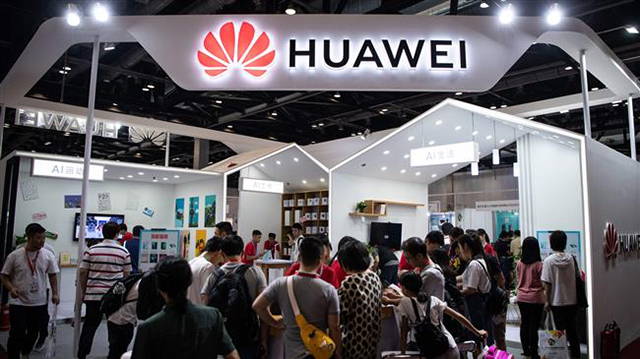
Attendees visiting a Huawei exhibition stand during the Consumer Electronics Expo in Beijing on August 2, 2019 (AFP photo)
SHANGHAI — Huawei said on Tuesday it had sustained solid growth in its global businesses in 2019 despite a US campaign to isolate the Chinese tech giant, but warned of its "most difficult year" ahead.
The stark warning came as a result of stringent US sanctions, with their impact worsened by the fallout from the deadly coronavirus pandemic.
Huawei — the world's top supplier of telecom networking equipment and number-two smartphone maker behind Samsung — said group revenue expanded 19.1 per cent last year to 858 billion yuan ($120 billion), a nearly identical growth rate to that seen in 2018.
Net profit last year, however, grew 5.6 per cent, compared with 25 per cent in 2018, as a result of the US sanctions.
Eric Xu, the firm's rotating chairman, said: "After Huawei was added to the US entity list on May 16... we had to step up investment in research and development to fix the gaps."
"All of a sudden, a large number of suppliers could not supply to us, and we had to rebuild our supply chain," he told a press conference Tuesday.
"Under such circumstances, it was impossible for us to continue maintaining as high a growth rate in our net profit as in 2017 and 2018."
But he noted the company turned in a strong performance "despite enormous outside pressure".
He warned, however, that 2020 would be Huawei's "most difficult year", given that it would be subject to entity-listing for the full year.
While the firm had substantial stockpiles to respond to customer needs last year, these are running low and 2020 would be a "test of Huawei's supply continuity programme".
On top of that, the company has to grapple with the coronavirus pandemic, which has brought about global economic decline, financial turmoil and slowing market demand, Xu said.
He added it would be tough to make a forecast on the company's full-year outlook for now.
$10 billion hit
Huawei has been under relentless pressure from the Washington, which has lobbied allies worldwide to avoid the company's telecom gear over security concerns, in the shadow of a wider US-China trade conflict.
Washington last year said it would blacklist Huawei from the US market and from buying crucial American components, though it has extended a series of reprieves to allow US businesses time to adjust.
The US blacklisting could prevent Huawei from getting hold of key hardware and software including smartphone chips, and exclude it from the Google Android operating system, which equips the vast majority of smartphones in the world.
The company has already seen a hit to consumer business revenue outside of China, which Xu said amounted to at least $10 billion.
Asked about reports that the White House could impose new restrictions on Huawei, Xu said he believed the Chinese government would not "allow Huawei to be slaughtered by others or stand by without helping".
If China retaliated, opening a "Pandora's box", this would unleash a devastating chain of destruction on the global industry chain, he warned.
Huawei, based in the southern Chinese city of Shenzhen, shipped more than 240 million smartphones, up 16 per cent, last year.
Overall, Huawei's consumer-segment revenue grew 34 per cent last year.
The US has expressed suspicions that Huawei equipment could contain security loopholes that allow China to spy on global communications traffic.
But the company has repeatedly denied the accusation, saying Washington has never provided any evidence of the claim.
Last month, US lawmakers passed legislation offering $1 billion to help telecom carriers "rip and replace" equipment from Huawei and fellow Chinese tech firm ZTE.
Huawei last week unveiled its flagship P40 smartphone, which uses no Android apps.
It is progressively eliminating Google software from its phones after having shipped its first Google-free model last year.
The company now faces the challenge of creating an alternative mobile phone ecosystem, which tech analysts say will be extremely difficult given the worldwide dominance of Android and Apple's iOS.
Related Articles
SHANGHAI — Huawei's revenue growth slowed significantly in the first nine months of 2020, the Chinese telecom giant said on Friday, citing "
BEIJING — Chinese telecoms titan Huawei on Friday announced a pick-up in sales in January-June, the first increase since 2020, as the
BEIJING — Chinese telecoms giant Huawei on Friday announced moderate sales growth for the first nine months of 2023, building on a recovery


